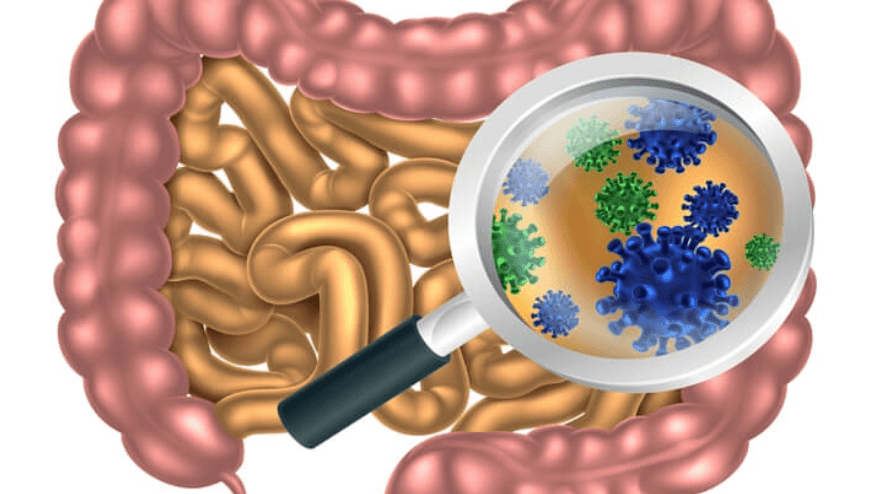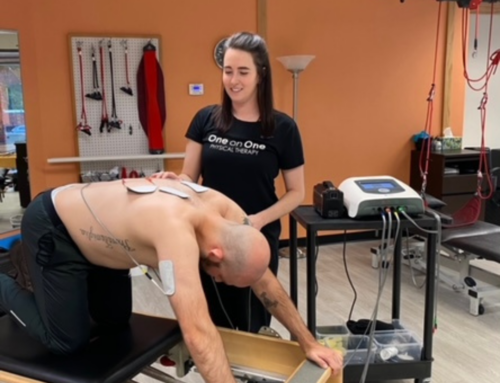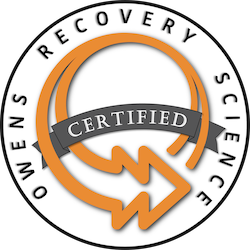How to Strengthen your Gut to Get Through Cold and Flu Season

Page Love MS, RDN, CSSD, LD
During the winter, frequent changes in temperature can suppress the immune system and make even the fittest of athletes more prone to those winter colds and influenza viruses. Taking a look at your gut health is a great way to help your body fight of infection this time of year. Your digestive tract is teeming with microbes — microscopic bacteria that can be both good and bad — that are often referred to you as your microbiome. The gut microbiome is sometimes called the “forgotten organ,” because while many of people don’t think about this group of cells, scientists have learned that it can have a dramatic impact on overall health.
Taking a look at your gut health is a great way to fight off infection this time of year.

More people are starting to pay attention and turn to probiotics to boost the “healthy” bacteria in their microbiome. Found in some foods as supplements sold in drugstores and health retail shops, probiotics are living bacteria and yeasts that provide a variety of health benefits, including aiding in digestion and strengthening the immune system. Additionally, prebiotics, which are natural non-digestible carbohydrate food sources, like whole grains and bananas, nourish the probiotics in your gut and can be combined with probiotic foods or supplements to promote good bacterial growth. According to the Mayo Clinic, more research is needed, but there is evidence that probiotics and prebiotics may help diarrhea (especially after taking certain antibiotics) and irritable bowel syndrome, speed treatment of some types of intestinal infections, ease some allergic disorders such as eczema and hay fever and -most importantly- prevent or reduce the severity of colds and flus.
There is also emerging evidence that probiotics and prebiotics can help with acute respiratory tract infections. Acute RTIs occur when the body is exposed to cold temperatures, causing a reduction in core temperature that weakens the immune system. According to studies by several research groups, the administration of probiotics may have a beneficial effect on the severity and duration of symptoms.
If you’re considering taking supplements, always check with your doctor to make sure they’re the right ones for you. Make sure that you also discuss any diet changes that would increase your probiotics and prebiotic intake. If you get the go-ahead from your physician and are looking for foods that naturally contain probiotics and live cultures, here’s the handy list:
- Kefir
- Sourkraut
- Kombucha
- Yogurt
- Apple cider vinegar
- Olives in brine
- Miso soup
- Tempeh
- Sough dough bread
Consider consulting a registered and sport dietitian to help in setting up you training diet to enhance your immunity for a great winter season!
Page Love consults with both the WTA and ATP tennis tours and is on the USTA Sports Science Committee. She runs a private practice in Sandy Springs. Visit nutrifitga.com for more information






